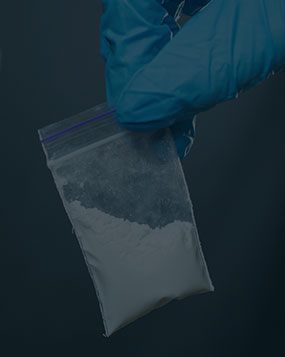Cocaine Trafficking Case Dismissed in Essex County MA

Criminal Charges:
Man charged in Essex County Superior Court for:
- Trafficking in 200+ Grams of Cocaine, in violation of M.G.L. c. 94C, § 32E (b)
Case Overview:
State and federal law enforcement officers conducted a long-term drug investigation that involved use of the United States Postal Service to important packages containing kilogram quantities of cocaine from Puerto Rico to Massachusetts. Agents intercepted several packages to confirm their illicit contents. Agents also conducted surveillance of where the packages were delivered, after confirming they were sent using fictitious sender names and sender addresses. Many of the recipient names also did not match the named recipients’ shipping addresses. Over time, agents narrowed down several people in Lawrence, MA who they believed were members of this cocaine trafficking organization. Agents obtained an anticipatory search warrant for two apartments. The warrant required, as conditions precedent, that certain packages be delivered, retrieved, and brought into the target homes to be searched. Agents on surveillance watched the packages get delivered, and claimed they suddenly vanished without agents seeing or knowing who retrieved them and/or where the packages went. Once the packages disappeared, agents executed the warrants at the two separate target apartments, leading them to discover and seize large quantities of cocaine and U.S. Currency. As a result, an occupant of one home was arrested, charged, and indicted with Cocaine Trafficking (200 grams or more), which under Massachusetts criminal law, triggers a mandatory minimum jail sentence of 12 years, if convicted. This man retained Massachusetts Criminal Defense Lawyer, John L. Calcagni III, to represent him in this matter.
Case Result: Motion to Suppress Granted, Case Dismissed.
Attorney Calcagni filed a motion to suppress, challenging the timing and manner in which police executed the search warrant. Because it was an anticipatory search warrant, Attorney Calcagni’s motion claimed that the conditions precedent required before executing the warrant had not been met, rendering the resulting search and seizure illegal. The Court conducted an evidentiary hearing where the prosecution opposed this motion. After the hearing, the trial judge ultimately sided with Attorney Calcagni’s legal arguments, thereby granting the motion. The effect of this ruling was that all seized drugs and money were suppressed and deemed inadmissible, prompting the prosecution – which no longer had any actionable evidence against Attorney Calcagni’s client– to dismiss this case.

